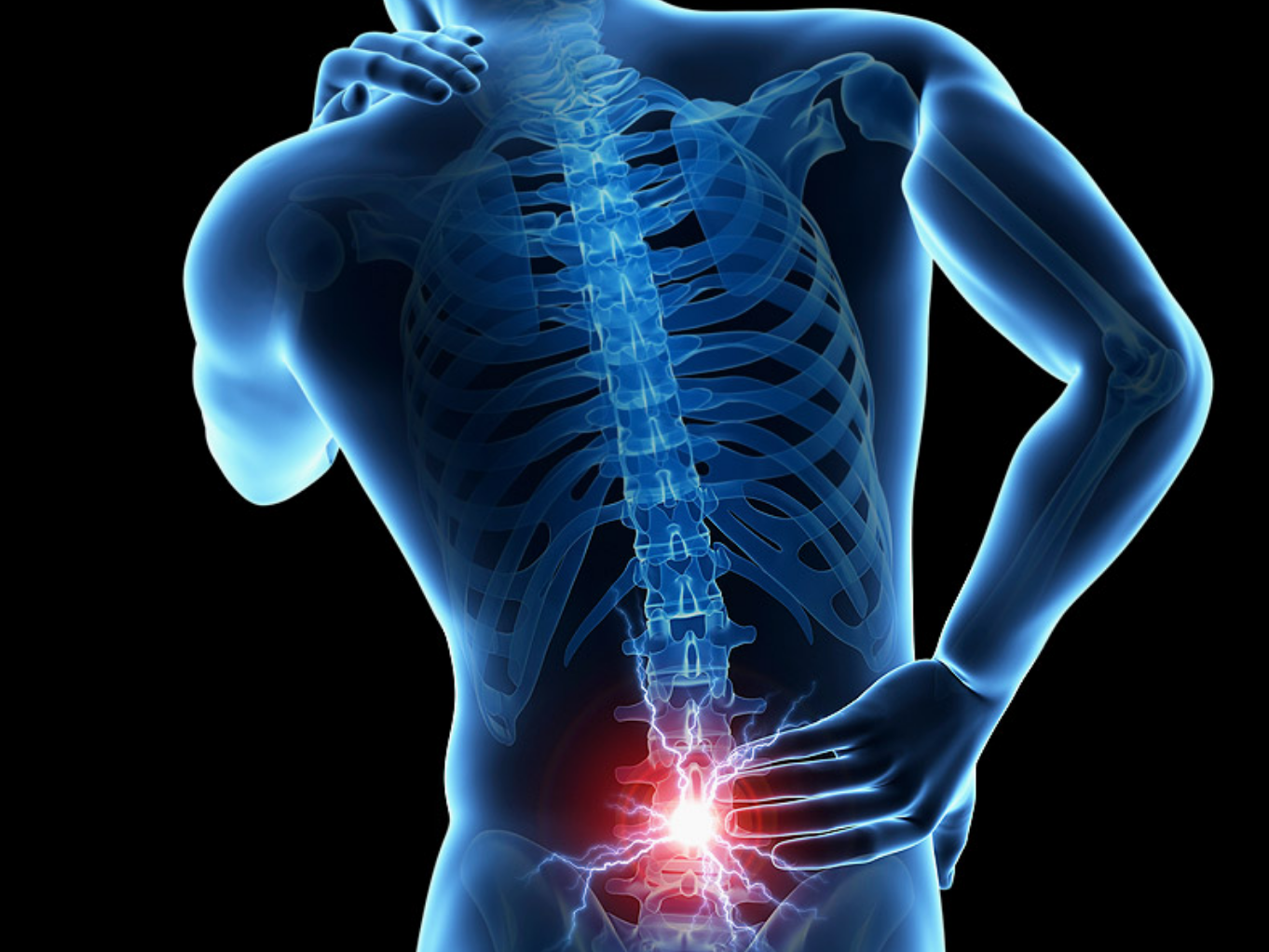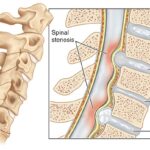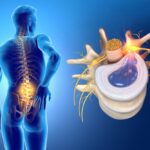Low back pain is a common problem that affects millions of people worldwide. It can be caused by various factors, such as poor posture, sedentary lifestyle, or injuries.
Although medications can help alleviate pain, they often come with side effects, and long-term use can lead to dependence. In this article, we’ll explore 10 natural ways to relieve low back pain without relying on medication.
Causes of Low Back Pain
There are numerous causes of low back pain, including:
- Muscle strain or ligament sprain
- Degenerative disc disease
- Herniated or bulging discs
- Spinal stenosis
- Spondylolisthesis
- Osteoarthritis
- Sciatica
- Poor posture
- Sedentary lifestyle
- Excessive body weight
10 Natural Remedies for Low Back Pain Relief
Exercise Regularly
Regular physical activity can help strengthen the muscles that support the spine, reducing the risk of injury and pain. Aim for at least 30 minutes of moderate-intensity aerobic exercise, such as brisk walking or swimming, most days of the week. Strength training exercises, focusing on the back and core muscles, can also provide added support to your spine.
Heat and Cold Therapy
Heat and cold therapy can provide temporary relief from low back pain. Heat therapy, such as a heating pad or warm bath, can help relax the muscles and increase blood flow to the affected area. Cold therapy, using ice packs, can help reduce inflammation and numb the pain. Alternate between heat and cold therapy for optimal relief.
Improve Posture
Poor posture can put excessive strain on the muscles and ligaments in your lower back, leading to pain. Focus on maintaining good posture while sitting, standing, and walking. Use ergonomic furniture and adjust your computer screen to eye level when working for extended periods.
Stretching and Yoga
Stretching and yoga can help improve flexibility and alleviate muscle tension that contributes to low back pain. Incorporate gentle stretches into your daily routine, and consider joining a yoga class to learn proper techniques.
Massage Therapy
Massage therapy can help relieve muscle tension, improve blood flow, and promote relaxation. Seek a qualified massage therapist who specializes in treating low back pain for the best results.
Maintain a Healthy Weight
Excess body weight can put added strain on your spine, leading to low back pain. Maintain a healthy weight through a balanced diet and regular exercise to reduce pressure on your lower back.
Sleep Properly
Poor sleep habits can exacerbate low back pain. Ensure that you have a supportive mattress and pillow, and try to sleep in a position that maintains the natural alignment of your spine
Herbal Remedies
Certain herbal remedies, such as turmeric and ginger, have anti-inflammatory properties that may help alleviate low back pain. Incorporate these herbs into your diet or take them as supplements after consulting with a healthcare professional.
Acupuncture
Acupuncture is a traditional Chinese medicine technique that involves inserting thin needles into specific points on the body to relieve pain. Research has shown that acupuncture can be effective in treating low back pain, but it’s essential to find a licensed practitioner with experience in this field.
Chiropractic Care
Chiropractic care focuses on the proper alignment of the spine, which can help relieve low back pain. A chiropractor can perform spinal manipulations or adjustments to improve spinal alignment and reduce pain. Make sure to find a licensed and experienced chiropractor for the best results.
Prevention Tips for Low Back Pain
Preventing low back pain is just as important as treating it. Some tips to help prevent low back pain include:
- Exercise regularly to strengthen your back and core muscles.
- Maintain good posture throughout the day.
- Use proper lifting techniques when handling heavy objects.
- Avoid sitting for prolonged periods; take breaks to stand up and stretch.
- Maintain a healthy weight to reduce stress on your spine.
When to See a Doctor
While most cases of low back pain can be managed with the natural remedies discussed above, it’s crucial to see a healthcare professional if your pain:
- Is severe or persistent
- Does not improve after a few weeks of self-care
- Is accompanied by numbness, tingling, or weakness in the legs
- Is accompanied by fever, chills, or unexplained weight loss
These symptoms may indicate a more serious underlying condition that requires medical attention.
Conclusion
Low back pain can be a debilitating condition, but there are numerous natural remedies available to help alleviate pain without relying on medication.
By incorporating these strategies into your daily routine, you can promote a healthier, pain-free back. Remember to consult a healthcare professional if your pain is severe or persistent.
FAQs
Is it better to use heat or cold therapy for low back pain?
Both heat and cold therapy can be effective in treating low back pain, but they serve different purposes. Heat therapy helps relax the muscles and increase blood flow to the affected area, while cold therapy reduces inflammation and numbs the pain. Alternating between heat and cold therapy may provide the best relief.
How long should I wait before seeing a doctor for low back pain?
If your low back pain is mild to moderate and does not interfere with your daily activities, try self-care measures for a few weeks. If your pain does not improve, becomes severe, or is accompanied by other concerning symptoms, consult a healthcare professional.
Can a poor diet contribute to low back pain?
A poor diet can lead to weight gain, which can put added strain on your spine and contribute to low back pain. Additionally, certain nutrients, such as calcium and vitamin D, are essential for maintaining strong bones and a healthy spine.
How can I maintain good posture while working at a desk?
To maintain good posture while working at a desk, sit with your feet flat on the floor and your knees at a 90-degree angle. Use an ergonomic chair that supports the natural curve of your lower back, and adjust your computer screen so that it is at eye level.
Are there any specific exercises I should avoid if I have low back pain?
It’s essential to consult with a healthcare professional or a physical therapist before starting any exercise program when dealing with low back pain. Generally, it’s best to avoid high-impact exercises, such as running or jumping, or exercises that involve excessive twisting







